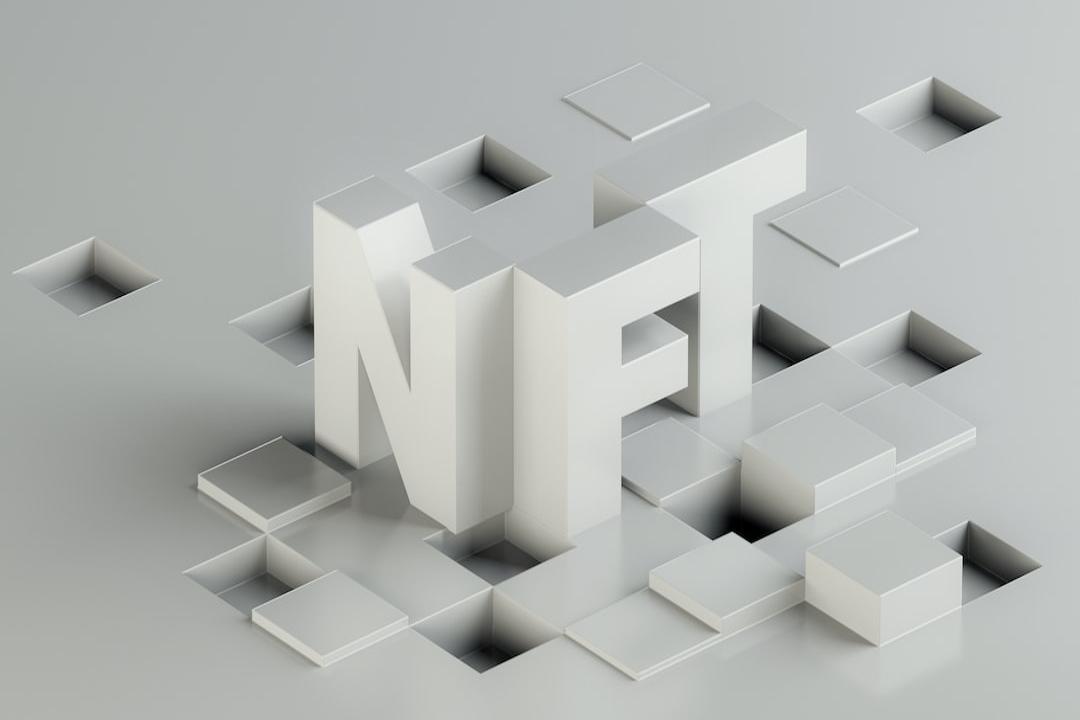The Securities and Markets Authority (ESMA) of the European Union, one of the regulatory bodies overseeing the region’s financial sector, has released the results of its third consultation package outlining regulatory measures for cryptocurrencies under the Markets in Crypto Asset (MiCA) framework.
In its proposed guidelines, the ESMA suggested that miner-extractable value (MEV), an arbitrage strategy that involves rearranging transactions within a block to generate maximum profit for validators and third-party builders, should be considered a form of market abuse under existing MiCA rules.
Section 19 of the ESMA’s paper states, “MiCA is clear in stating that orders, transactions, and other aspects of distributed ledger technology may indicate market abuse, such as the well-known Maximum Extractable Value (MEV), wherein a miner/validator can exploit their ability to arbitrarily reorder transactions to front-run specific transactions and make a profit.”
Patrick Hansen, senior director of EU strategy and policy at Circle, expressed criticism of the ESMA’s policy suggestions, noting that complying with the proposed regulations would be burdensome and impractical. Hansen explained, “Almost all regulated crypto businesses in the EU, such as exchanges and brokers, would need to identify and report instances of MEV through complex ‘suspicious transaction or order reports’ (STORs). The ESMA STOR template alone is 6 pages long.”
Hansen urged all parties involved in MEV practices to provide feedback on the ESMA’s proposed regulatory overhaul before the June 25 deadline.
MEV remains a concern in decentralized finance, and network developers and industry leaders are proposing various solutions to address the issue. Ethereum co-founder Vitalik Buterin recently discussed a multi-faceted approach to combat Ethereum’s MEV problem, which includes implementing MEV quarantine strategies, minimizing MEV, using inclusion lists, and reducing node hardware requirements to tackle the growing problem.
Buterin emphasized that MEV requires mitigation rather than an outright ban, allowing protocols like Cowswap to operate while safeguarding users from the hidden costs of MEV.

